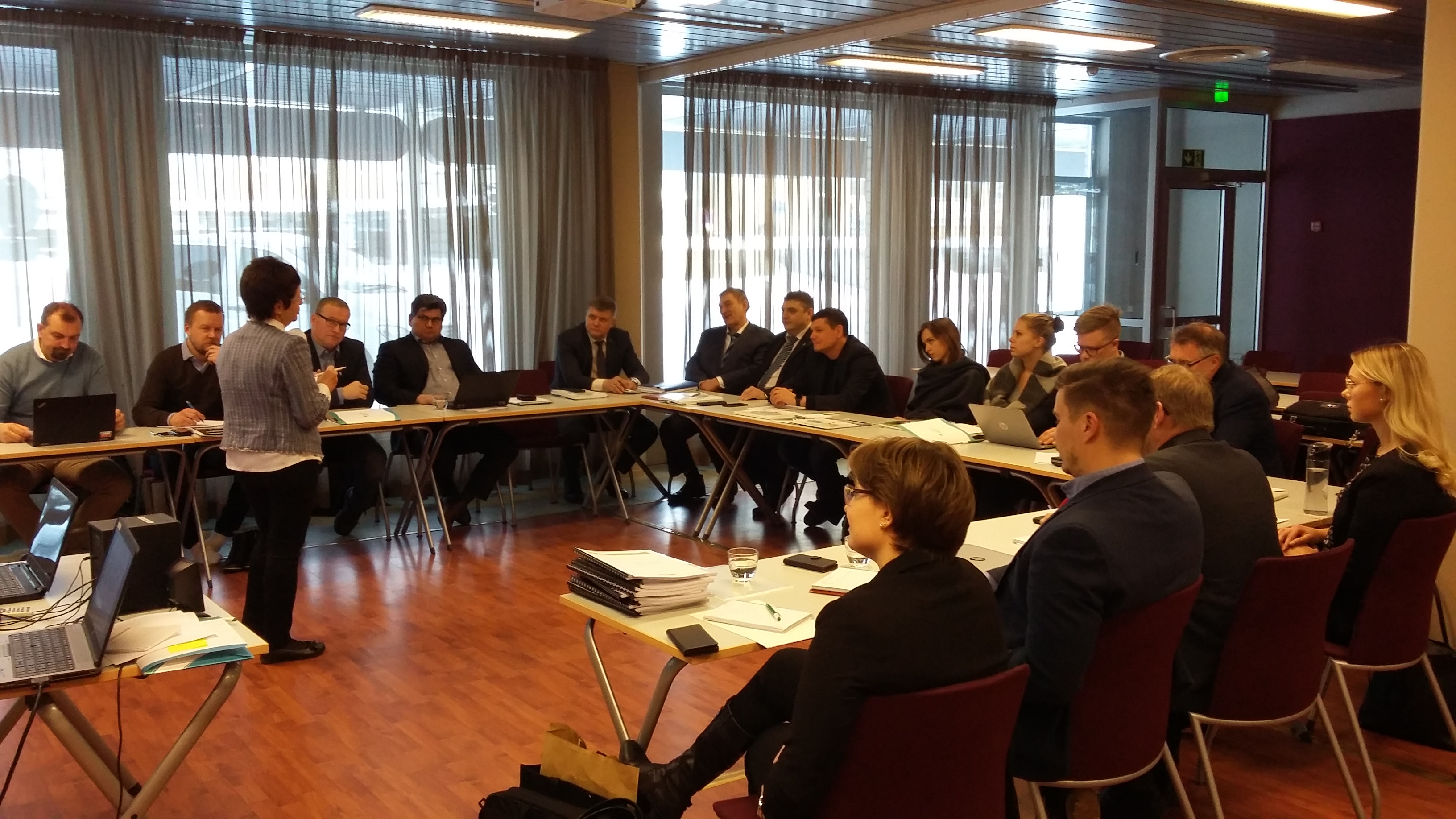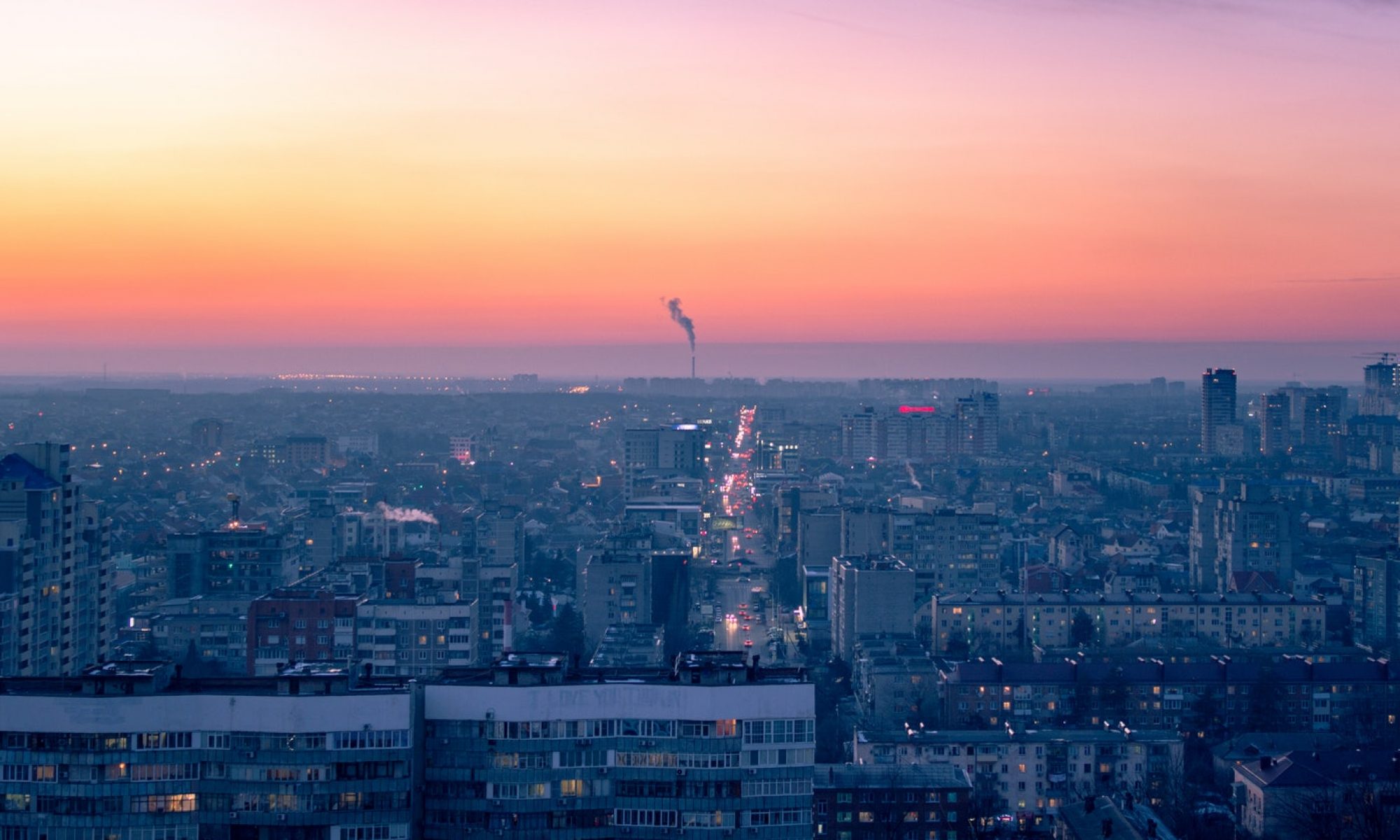The ending seminar of From Failand to Winland project was held on Wednesday in Finlandia hall in a conference room full of crowd. Project’s participants from our group, doctoral candidate Sakari Höysniemi and Professor Veli-Pekka Tynkkynen attended the seminar, professor Tynkkynen also took part in the peaker at the “Tutkimuksen yhteiskehittäminen ja tutkimuksella vaikuttaminen” (Collaborative research and research influencing) panel. Sakari Höysniemi shares his experience of working in the Winland project and attending its final seminar.
The project has explored during the last two and a half years Finland’s future food, water, and energy security. The work was governed by Water and Development research group from Aalto University’s School of Engineering under energetic, supportive and multidisciplinary leadership of Marko Keskinen and Suvi Sojamo. I reckon the project would not have been as successful as it was without the multidisciplinary experience of the two that also influenced other consortium partners to cooperate not only in workshops and seminars, but also in actual research. I haven’t seen too many projects where environmental engineer and pedagogic researcher or political scientist, geographer and energy engineer would write an article together.
The work was divided into seven different subprojects of which my work was dedicated mostly to Energy policy subproject under the head of Veli-Pekka Tynkkynen, where we looked at how energy security is being envisioned both in Finland and in Russia and what kind vulnerabilities, interdependencies or risks may emerge but also what possibilities and opportunities there are to improve our current situation.
One of our key results thus far is that although around 63 percent of Finland’s energy exports come from Russia (oil, natural gas, coal, uranium and biomass) such dependence does not bring an acute energy security threat if we understand energy security in techno-economic terms as security of energy supply in exceptional situations. In such situation any of the mentioned energy form could be purchased elsewhere. However, according to social scientific research on energy it is a lifeblood of our societies and it influences societal development in any temporal context. In ordinary situation Finland or Finnish companies would not stop purchasing energy from Russia, as their production or supply chain is optimised for Russian energy, that is it would be more expensive to shift permanently to another supplier. The latter understanding gets often neglected in Finnish public debate. It is, however, relevant to take this perspective into account in the anticipation of needed sustainability transition, as incumbent regime actors are likely to resist change.
Furthermore, Finland’s internal energy security arrangements are likely to be reassembled. For instance, wind power has become the cheapest form of electricity, and its perception has transformed from threat to electricity system to enabler of increased self-sufficiency that still needs mechanisms to accommodate its volatility. This also likely to change actor landscape to include more and smaller scale actors that can make governance of security of energy supply more complex.
Although we already had the final seminar our work is still continuing until the end of this year. Also, a master’s student, Lauri Lähteenmäki will contribute to the subproject as he currently work on master’s thesis on Yamal LNG project that will as a case study improve our understanding of the relationship between energy security and energy transition in the context liquified natural gas.
More information on the seminar can be found on Winland’s website and blog entry.

